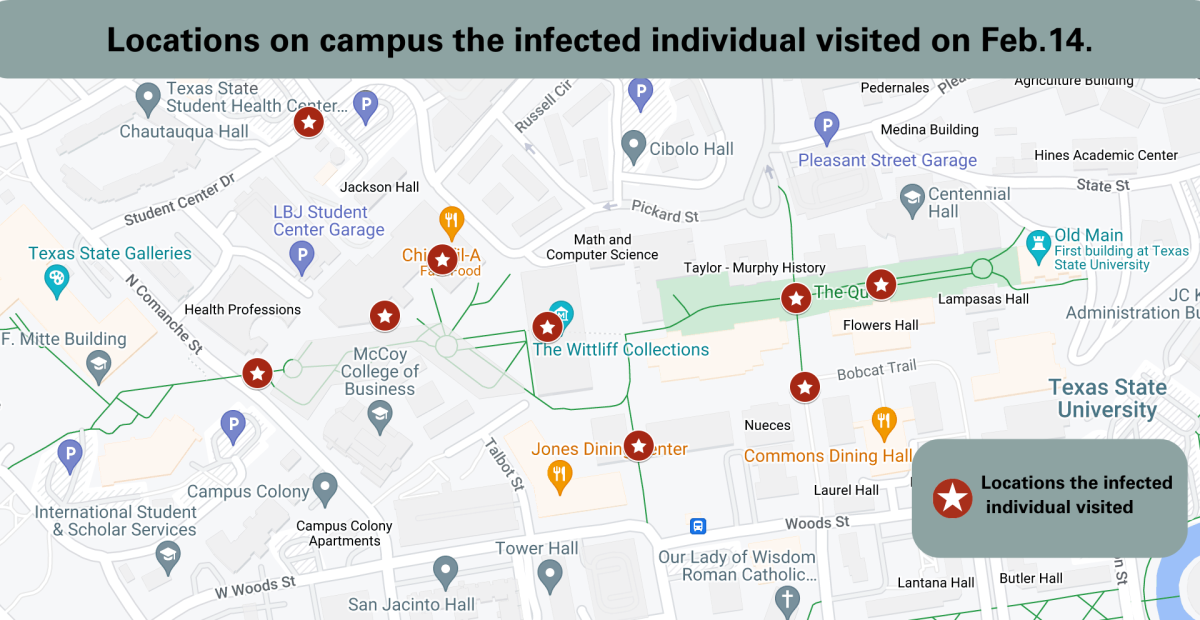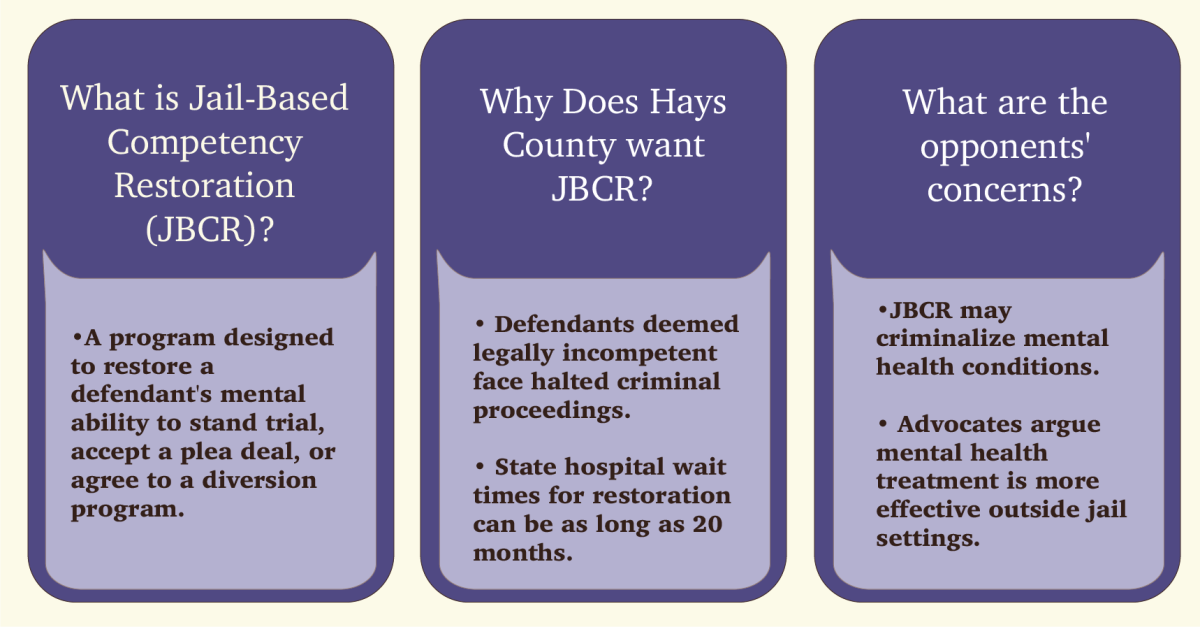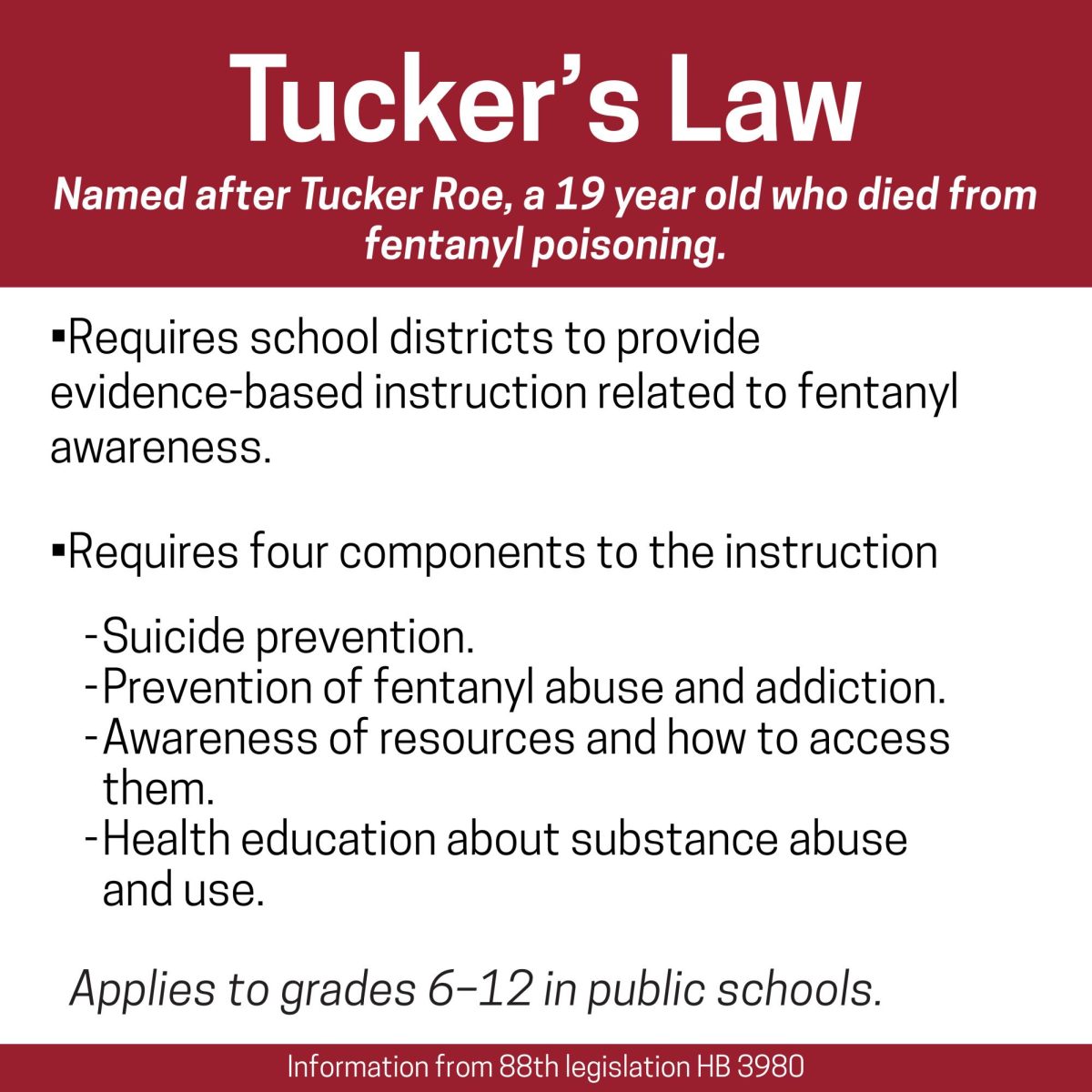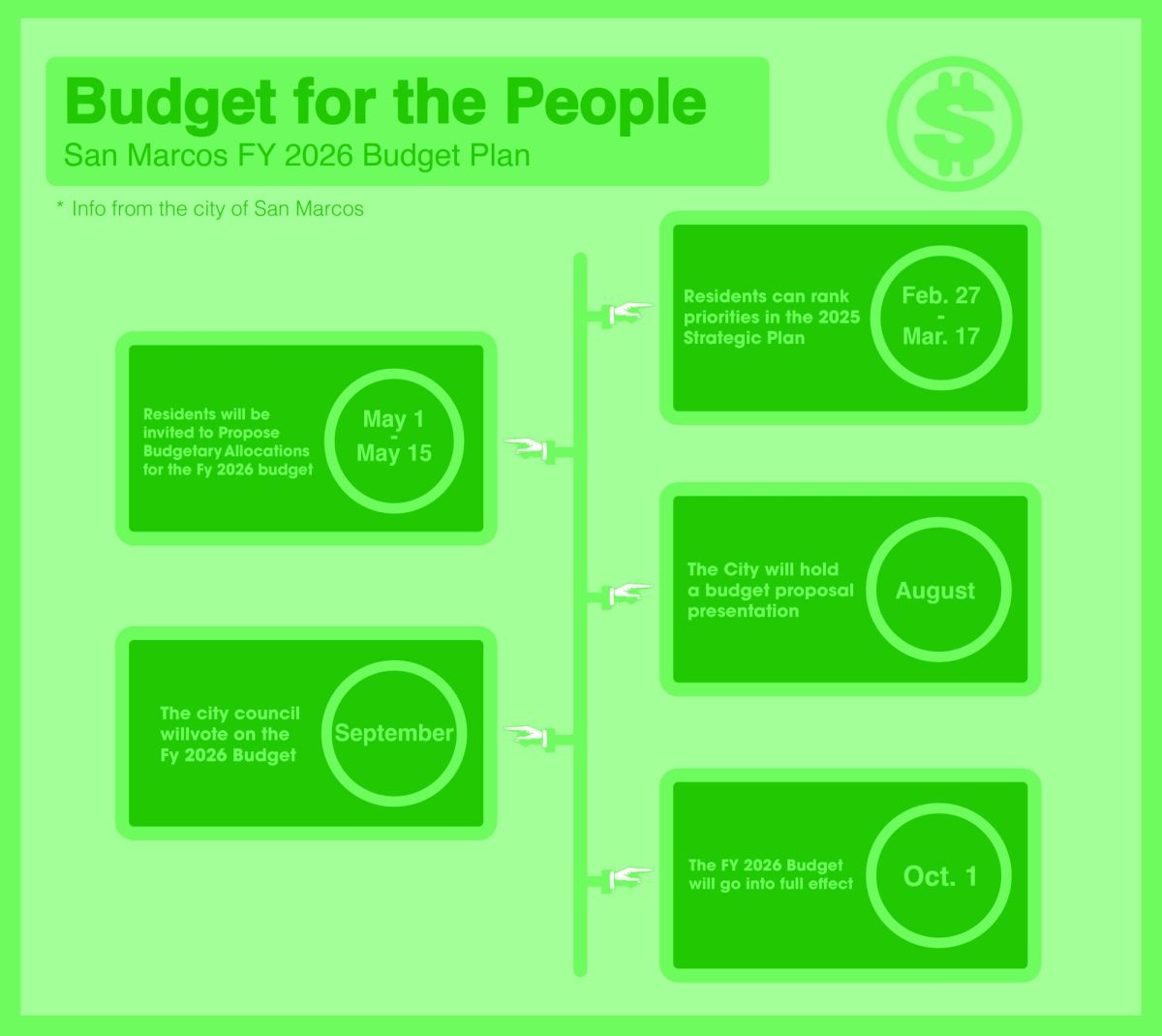Non-commercial vehicles no longer need an inspection to be registered in Texas as of Jan. 1.
The 88th Texas legislature passed House Bill (HB) 3297 in 2023, which repeals the Transportation Code requiring safety inspections for non-commercial vehicles. Non-commercial vehicles mainly refers to personal-use vehicles.
“This helps our customers, helps the taxpayers, because they don’t have to take the vehicle to have it inspected any longer, so we don’t have to send people away, as we did in the past,” Hays County Motor Vehicle Supervisor Mary Garza said. “I think that it’s helpful to all of us, so long as we do our part.”
The $7.50 fee, originally designated as the inspection fee, is renamed the inspection program replacement fee. Drivers will now pay it alongside normal registration fees at the county tax assessor’s office.
“The most important thing is [residents] still need to keep their vehicles in good condition,” Sgt. Deon Cockrell of the Texas Department of Public Safety (DPS) media communications office said. “When the roads are wet or dry, the vehicle needs to be running in safe conditions to drive.”
According to Cockrell, the $7.50 fee will continue to support transportation infrastructure.
“Please note the inspection program replacement fee is not an increase in the cost of your vehicle registration,” DPS wrote on its website. “As its name suggests, this fee simply replaces the revenue source for state programs and operations—like the construction and expansion of state highways—once supported by vehicle safety inspections,” DPS wrote on its website.
Under the Texas Transportation Code, a commercial vehicle is defined as any motor vehicle with a gross weight rating of less than 48,000 pounds, used on public highways to transport passengers or cargo. This includes vehicles weighing more than 26,000 pounds, those designed to transport more than 15 passengers or those used to transport hazardous materials.
According to Cockrell, there are no significant changes to safety inspections for commercial vehicles. These vehicles will not incur an additional fee for the inspection program replacement but will continue to pay their standard inspection fees.
Garza said the Hays County Tax Assessor-Collector’s Office has seen a rise in vehicle registrations from local residents compared to last January, a trend attributed to the impact of HB 3297.
“We have so many individuals that did not register in December or in October or November… as well as all the people who did expire in January or the people that are expiring in February,” Garza said. “[The increase is] creating a little bit of a line, but at least we’re not having to send them away and having them to come back, which I think that’s the best part of this bill.”
Cockrell wants to remind drivers there are still violations for unsafe equipment and motor vehicles. DPS can supervise safety violations through traffic stops, citizen complaints and accident investigations according to the Texas Transportation Code.
“Vehicles are still required to be maintained by law,” Cockrell said. “Driving vehicles that don’t have proper windshield wipers, lights, tail lights, brake lights, license plates, lights and similar issues [are] still traffic or equipment violations.”
Mary Garza acknowledged that balancing vehicle safety with customer convenience can be challenging. However, she believes taxpayers will ultimately appreciate the streamlined process in the long run.
“If people will continue to check their vehicles before they get out on the road, then it’s going to be a good thing for everyone,” Garza said. “We’re saving the money and saving everybody’s time, which is valuable. We as individuals just need to put forth the effort to make sure our vehicles are still safe.”
According to DPS, there are 17 counties that are emission counties, where all vehicles, including non-commercial, still require emissions inspections. Hays County is not a registered emission county.





















